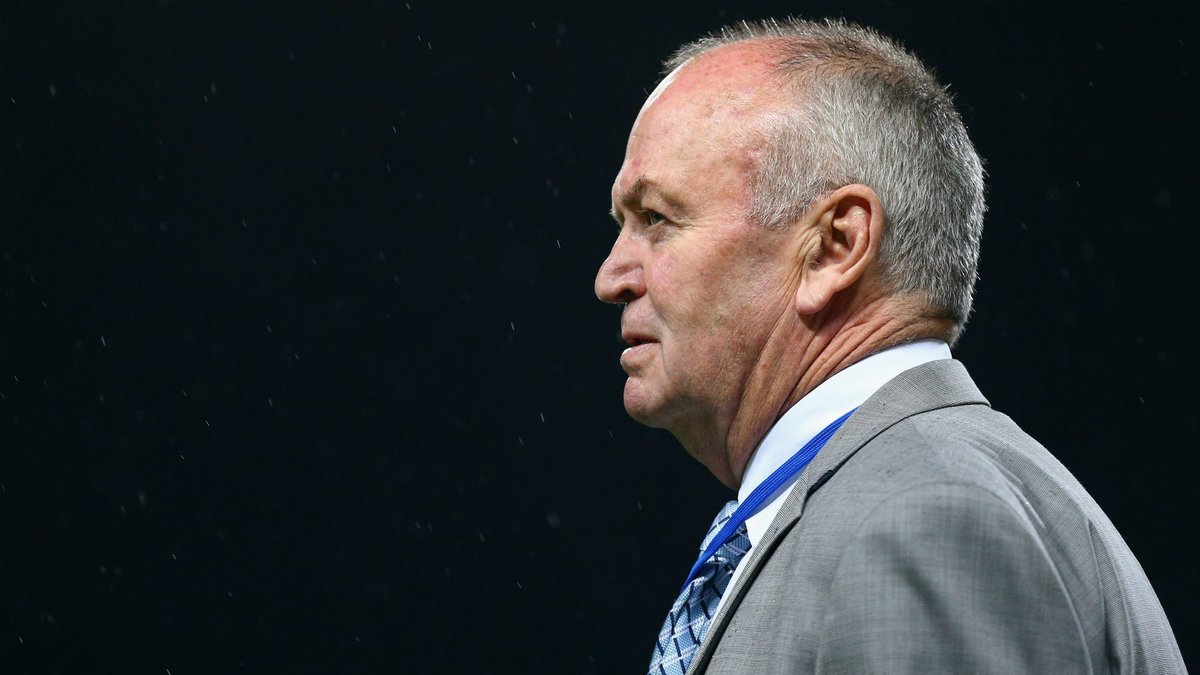'Principles such as honesty and sportspersonship are not often emphasised in elite team sports because they do not win matches'

A recent study has reaffirmed Sir Graham Henry’s famous line that “better people make better All Blacks“.
A University of Otago study, published in the International Journal of Sports Science & Coaching, has called for moral and social values to be considered by New Zealand Rugby in the selection process.
The study found NZ Rugby has a list of socially oriented “character assessment values”, including work ethic, competitiveness, resilience, coachability, and motivation in rugby, which they use to assess players’ character during the selection process.
However, authors of the study Professor Tania Cassidy and Ryan Rosevear reported that while these values all directly impact performance, leading international character academics recommend a focus also be placed on moral values, specifically compassion, fairness, sportspersonship and integrity.
“NZR lacks clear emphasis on moral values,” said Rosevear. “This reflects other researchers’ claims that principles such as honesty and sportspersonship are not often emphasised in elite team sports because they do not win matches.”
The pair called on NZ Rugby to consider incorporating values with a moral, as well as social focus, and encourage open discussion about why some values are prioritised and not others.
“The findings of this study are significant not only for rugby, in New Zealand and elsewhere, but they are also relevant and topical for any recruitment agent, employer, selector, or sports coach who either implicitly or explicitly appoints, promotes, selects or deselects participants based on character,” said Cassidy.
New Zealand Rugby has been approached for comment by NZME.
The study comes at a time when moral judgements on sports stars, especially rugby players, have become a hot topic of discussion, with Israel Folau and Rugby Australia’s contract battle becoming a much-debated issue that has transcended sporting lines.
The All Blacks have also recently come under fire for their moral judgment, or lack thereof, after the selection of Crusaders winger Sevu Reece for the upcoming Rugby Championship.
In October, Reece was discharged without conviction in the Hamilton District Court on one count of male assaults female, which he admitted to, and has since gone on to have a strong season for the Super Rugby champion Crusaders.
All Blacks coach Steven Hansen strongly defended Reece’s selection saying the 22-year-old deserves a chance to better himself, despite criticism from the public about the selection.
Along with gaining insight into how character is understood within NZ Rugby, the researchers at Otago University also studied how the player development manager of a provincial union negotiates, constructs and operationalises interpretations of character within talent identification and development practices.
They found the provincial union adapted the NZ Rugby’s character assessment values to produce its own list of ideals, reflecting its context and the values of its stakeholders.
“In contrast to the NZR, the provincial union does emphasise some moral values, such as compassion, integrity and being a role model. These are not often correlated to performance, but stress an importance on developing the person,” said Rosevear.
The study acknowledges that NZ Rugby have done well to explicitly identify and utilise certain values as determinants of expected and desired behaviour, and encourage coaches and selectors to assess and judge a player’s character against them.
However, the researchers also hope the organisation recognises its selectors use both overt and implied values to assess players.
This article first appeared on nzherald.co.nz and is republished with permission.










































































